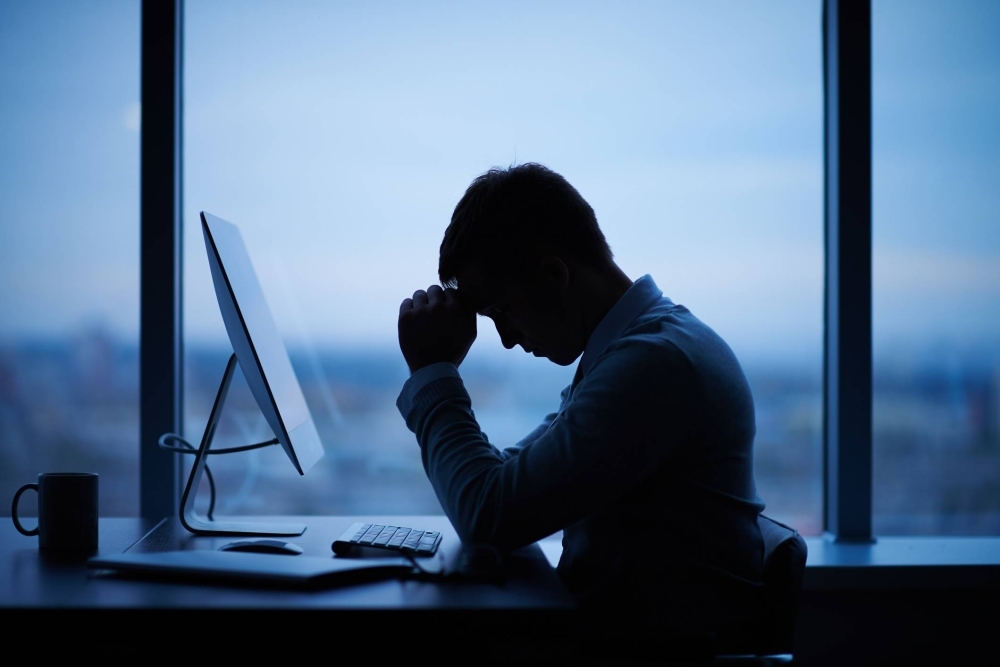Report on overwork highlights Japan's work-life balance issues

One thing is clear after the government's latest report on karōshi (death from overwork): Japan has a long way to go to improve citizens' work-life balance.
The report, the eighth one mandated by the 2014 law on karōshi prevention measures, delves into the amount of sleep both self-employed and corporate workers are getting and how that affects workers' health. Research has shown that, when the gap between the amount of sleep people want and the amount they get is bigger than two hours a day, it leads to a range of health issues, including daytime sleepiness, difficulty concentrating and digestive and intestinal disorders, not to mention mental disorders such as depression and anxiety.
The report showed that, despite improvements made over the years by the government to increase awareness on overwork, the health of many workers remains a huge national concern. Over 90% of self-employed and corporate workers feel they need at least six hours of sleep a night, but only about half of nearly 10,000 who were surveyed said they are getting that much sleep.
In addition, the percentage of people complaining of sleep deprivation increases with the amount of working hours they put in, the report says. Some 78% of those working 60 hours or more per week said that they are not getting sufficient sleep, as opposed to 56% of those working fewer than 20 hours, 64.5% of those working between 20 and 40 hours and 71.1% of those working between 40 and 60 hours.
While the ideal amount of sleep varies from person to person, the survey points out that many people feel that there is a gap between what's ideal and their actual hours of sleep. Some 45% said that they need to sleep between seven and eight hours, followed by 28.9% who said they need between six and seven hours, and 17.1% who said they need more than eight hours. Only 7.2% said they need between five and six hours, while 1.4% replied that they need less than five hours.
In reality, however, 35.5% said they are sleeping for between five and six hours per night, followed by 35.2% who said they get between six and seven hours of sleep. While another 15.7% said they get between seven and eight hours, and 3.5% said they get even more than that, 10% said they sleep less than five hours.
The same survey also found that sleep deprivation was closely linked to depressive tendencies and anxiety, as well as feelings of unhappiness. The bigger the gap between the ideal and actual amount of sleep was, the more depressed workers became, the report said.
Health ministry officials called on more employers to ensure that workers get enough sleep, such as by setting minimum hours of rest and recuperation between shifts. Under law, companies are asked to introduce a so-called work interval system.
But the requirement is not legally binding, and the government does not spell out a specific number of hours for the interval. In some European countries, by contrast, the government mandates that workers get at least 11 hours of rest between shifts.
In a survey of about 6,300 firms in 2022, 17.1% of respondents said they were unaware of interval rules, up from 15.4% the year before, despite the government’s goal of reducing the percentage of such employers to 5% by 2025. The percentage of companies that have introduced such a system stood at a mere 5.8%, far off the goal of 15% by 2025.
The annual report on karōshi is mandated by the Law Promoting Measures to Prevent Death and Injury from Overwork, which took effect in 2014. Karōshi is most often caused by heart attacks and strokes linked to overwork, and by suicides due to work-related stress.
culled from Japan Times

